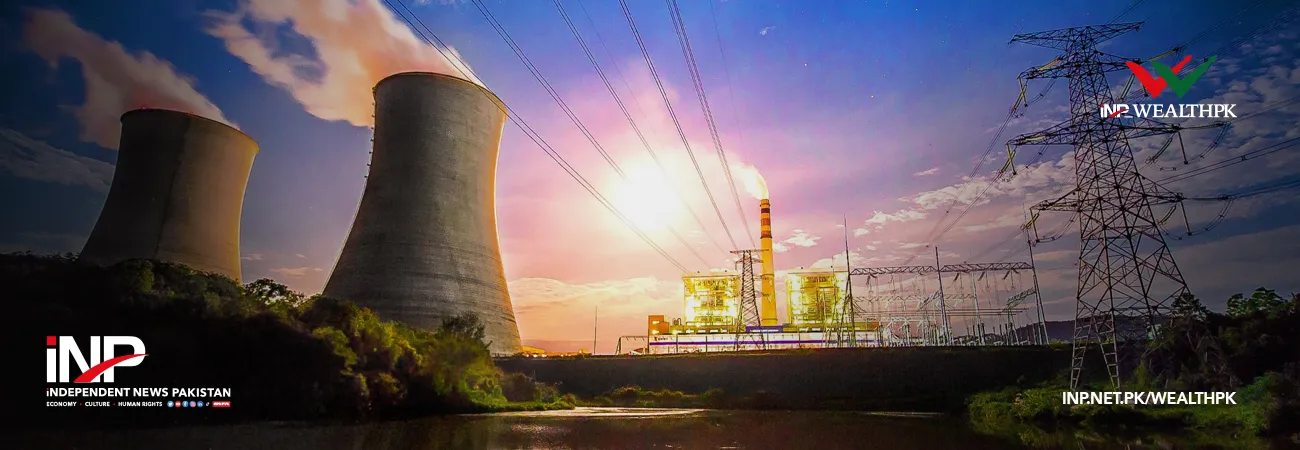INP-WealthPk
Muneeb ur Rehman
As the energy demand continues to rise, Pakistan has the opportunity to explore alternative avenues to expand its power production. By prioritizing bagasse-based cogeneration, Pakistan can generate electricity and play a significant role in reducing carbon emissions, says Faraz Khan, an energy expert at the Pakistan-German Renewable Energy Forum (PGREF), while talking to WealthPK. Bagasse-based cogeneration is a process that involves the production of electricity and heat. Bagasse is a fibrous residue obtained from sugarcane or other biomass sources. As mentioned by a report published by the Ministry of Energy, Pakistan has approximately 83 sugar mills that collectively produce around 3.5 million metric tons of sugar annually. These mills possess a combined crushing capacity of 597,900 TCD (tons of cane per day), capable of generating an estimated 3,000 megawatts of power during the crop season.
Since Pakistan ranks among the top 10 global producers of sugarcane, there exists significant potential for generating electricity from bagasse, he said. Highlighting the obstacles hindering optimal utilization of bagasse as an input to power generation, he said, "Nearly all sugar mills in Pakistan have in-house cogeneration plants. However, these plants exhibit inefficiencies in utilizing bagasse. By opting for installing high-pressure boilers, there is a substantial opportunity to enhance production capacity through the more efficient utilization of bagasse". Faraz added that the sugar mill owners express a strong willingness to feed surplus electricity generated from their in-house power plants to the national grid.
However, their ability to do so had been hindered in the past due to the difficulties in reaching an agreement with the government on the tariff. Implementation of high cogeneration power plants faces challenges, primarily due to the substantial associated costs, he mentioned. "The uncertainty surrounding the payback period for these power plants creates reluctance among the investors to participate in such high cogeneration projects. Utilization of Clean Development Mechanism (CDM) financing has the potential to enhance the project's rate of return." In a nutshell, as the energy demand continues to rise, the country needs to actively explore alternative avenues like bagasse-based energy production to expand its power production.
Credit: INP-WealthPk













